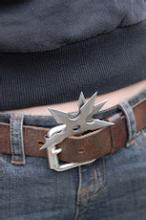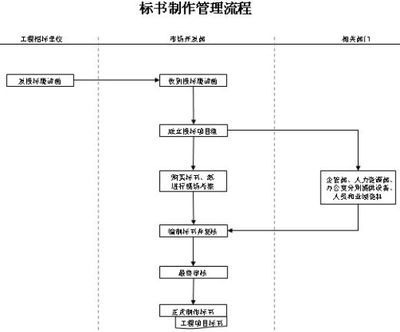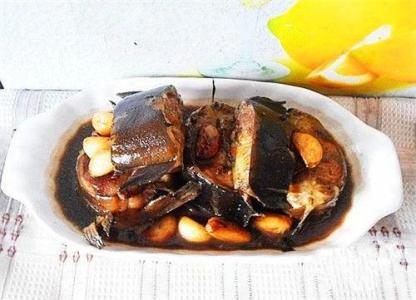Milo Minderbinder in Catch 22 Catch-22, written by Joseph Heller, is a novel about the moral choices that every person must make when faced with a system of authority whose rules are both immoral and illogical. Catch-22 relies heavily on black humor to convey the insanity of war with presenting the ruthlessness of the war through a kind of desperate absurdity rather than through a picture of suffering and violence. However, unlike other war novels, the major theme of it is not the war. In fact, Heller once said, “I wasn’t interested in the war in Catch-22. I was interested in the personal relationships in bureaucratic authority.” Whether Heller was using the war to comment on authority or using bureaucracy as a statement about the war, it is clear that Catch-22 is more than just a war novel. Under such a military bureaucracy, there is a special character named Milo Minderbinder. And he is the one I want to discuss.
Representing an typical character of capitalist free enterprise that exists outside military authority, Milo seems simultaneously brilliant and insane. But does the fact that he has spiraled out of control make him a positive figure or a negative?
In one sense, Milo is a crusader against the arbitrary regulations of the military bureaucracy. He ignores the army’s regulations and borrows both planes and supplies in order to increase his profits. Unlike many of the men,
who feel powerless in the face of the authorities, Milo exists completely outside the bureaucracy and seems to get away with it. Milo’s business, starting out in black market, finally develops into a worldwide enterprise in which, he claims, “everyone has a share.” At first, Milo’s syndicate seems like a bit of harmless profiteering; and at that time, as a reader, I do hold an optimistic attitude toward Milo because he is at least making money at the expense of the ridiculous bureaucracy that perpetuates the war. He bends the rules toward his own benefit, and his pursuit for profit seems logical compared to the way Colonel Cathcart sends his men to their deaths just in order to get a promotion. All the men seem to like Milo, and they are perfectly willing to fly him to places like Malta and Egypt so that he can buy and sell his goods.
But, while Milo certainly represents an individual’s triumph in the face of a dehumanizing organization, he also lacks morals and consideration for others. He is a perfect symbol of what is wrong with free-market capitalism: it encourages men to profit from the losses of others. A minor example of Milo’s selfishness is the way he makes Yossarian and Orr sleep in the plane while he himself sleeps in luxurious palaces; a major example is the way he claims that “everyone has a share” in his syndicate, only to keep all the profits for himself. By the end of the novel, Milo is selling chocolate-covered cotton—a product more meaningless than anything the army’s bureaucracy could dream up.

When Milo bombs his own squadron as part of a deal he has made
with the Germans, at this time, my attitude toward him seems to go down
sharply, and I think his racket takes on a sinister air. As a consequence, many men are wounded or killed in this incident, and Milo’s syndicate suddenly seems like an evil force that has expanded beyond anyone’s ability to control it. Although Milo’s reasons for bombing the squadron are no more arbitrary than Colonel Cathcart’s ambitiously volunteering to send his men to dangerous Bologna, and in fact, one could argue that Milo’s actions are more rational than Cathcart’s, since Milo is guaranteed a profit, whereas Cathcart does not really have a chance of becoming a general. In my view, as he has gained power, Milo has become like the authoritarian forces he defies, sacrificing real value for personal gain. In this sense, Milo is as unscrupulous as Colonel Cathcart. In many ways, Milo’s character shows how capitalism transcends political ideology. We are never given any idea of what the war is being fought over, and the men have no sense of defending the ideals of their home country. Milo’s ability to make money off of both friend and enemy, and his willingness to support whichever is more profitable, show a picture of how to survive in the beast-like nature. Furthermore, his willingness to allow his own camp to be bombed shows his complete disregard for the sides drawn by the war, and the men’s acceptance of payment for being bombed shows that Milo is not alone in placing a high value on making money. To my mind, that is the point that Heller want to reveal.
So Milo Minderbinder, such a distinctive character who exists out of the absurd military authority, is a positive figure or a negative figure? After weighing the pro and con of his actions, it is clear that he is as negative as the ambitious and unintelligent officer. Currently, in the real life, numerous people are like Milo. If possible, they will use powerful capital to manipulate everything and everybody, consequently, to seek largest profits. Those people meet their desire for money and fame in society taking advantage of all resources, having both friends and enemies as their paving stones. Such a person, to my mind, definitely a negative character.
爱华网www.aIhUaU.com网友整理上传,为您提供最全的知识大全,期待您的分享,转载请注明出处。
 爱华网
爱华网



